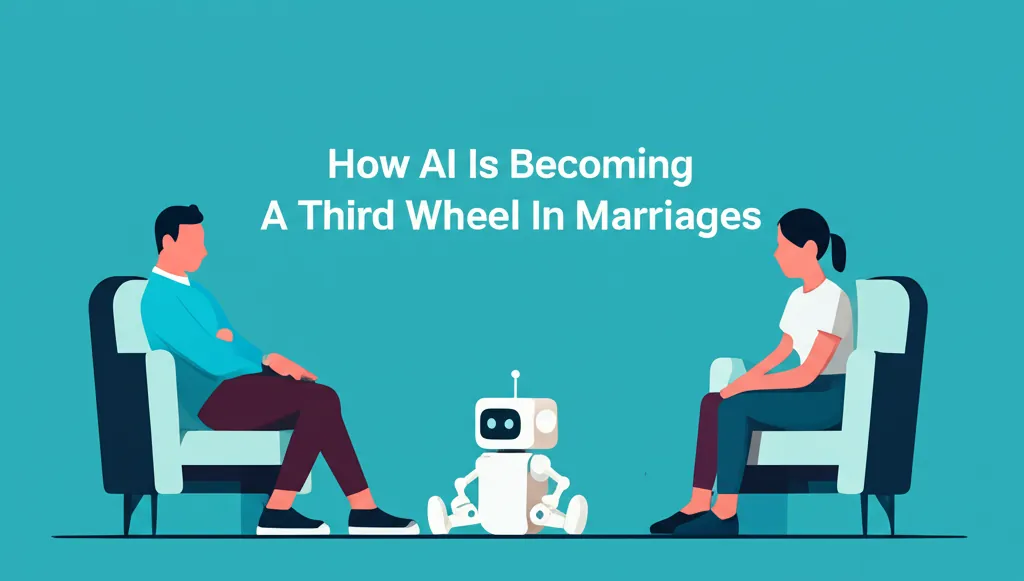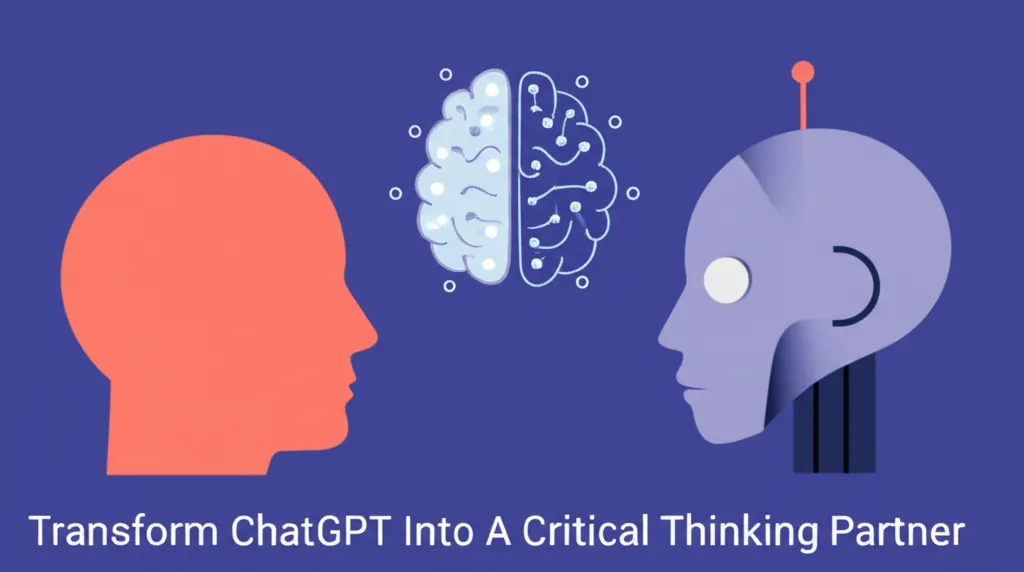Developer Offer
Try ImaginePro API with 50 Free Credits
Build and ship AI-powered visuals with Midjourney, Flux, and more — free credits refresh every month.
Court Rules OpenAI Can Delete Your ChatGPT History Again
In a significant development for user privacy, a federal judge has lifted a previous order, once again allowing OpenAI to remove deleted ChatGPT conversations from its servers. This decision comes as a pivotal moment in a long-running legal dispute over data privacy and copyright, notably involving a major lawsuit from The New York Times and other news publishers.
Court Lifts Broad Data Preservation Order
The original preservation order, issued in May, had mandated that OpenAI retain all ChatGPT output logs. This included conversations users had deleted, which were kept as potential evidence for plaintiffs looking for instances of copyrighted material in ChatGPT's responses.
However, Judge Ona Wang of the U.S. District Court for the Southern District of New York has now ruled that this all-encompassing requirement is no longer necessary. While OpenAI had already stopped saving new logs as of September 26, the data preserved up to that point will remain available for the lawsuit's evidence review. The court also preserved the plaintiffs' right to flag specific user accounts or domains they suspect may be linked to copyrighted content.
What This Means for Your ChatGPT Privacy
For most ChatGPT users, this ruling is a welcome return to normalcy. It means that when you delete a chat, it will now be removed from OpenAI’s systems, restoring a crucial layer of control over your personal data. The previous order had impacted millions of users across the free, Plus, Pro, and Team tiers of ChatGPT. It's important to note that business and education accounts were not affected due to their separate data retention policies.
The initial order faced criticism from privacy advocates who argued it overreached and conflicted with data protection laws that grant individuals the right to have their information deleted. OpenAI also expressed that the order created a difficult conflict between its legal discovery obligations and its privacy commitments to users.

The Ongoing Copyright Battle with News Publishers
This entire issue stems from a lawsuit filed by The New York Times in late 2023. The suit alleges that OpenAI unlawfully used the newspaper's content to train its AI models without permission or compensation, claiming that ChatGPT sometimes generates text that is nearly identical to its original articles. OpenAI has consistently defended its training methods, arguing they fall under fair use principles and do not infringe on copyright law.
After months of deliberation, Judge Wang concluded that a blanket rule forcing OpenAI to save every single conversation was not a proportional solution to balance the need for evidence with user privacy expectations.
Wider Implications for the AI Industry
While OpenAI can now resume its standard data deletion practices, the core lawsuit is far from over. The data already preserved will remain accessible to the plaintiffs, who can still request information linked to specific users or organizations. Microsoft, a major partner of OpenAI, is also implicated in the case through its AI-powered Copilot product.
The final verdict in this and similar legal challenges could fundamentally reshape the AI landscape. Observers believe these cases will ultimately establish clearer legal boundaries for how AI developers can use publicly available information, particularly copyrighted material, to train large language models.
A Word of Caution for Users
Even though the court's latest decision restores normal deletion functions for most users, experts advise continued caution. It is still wise to avoid sharing highly sensitive or private information in ChatGPT. During ongoing legal proceedings or through routine system backups, some data may remain accessible for a period. This ruling eases a significant operational burden for OpenAI and rebuilds user trust, but the foundational questions about AI's relationship with copyright and journalism are still very much unresolved.
Compare Plans & Pricing
Find the plan that matches your workload and unlock full access to ImaginePro.
| Plan | Price | Highlights |
|---|---|---|
| Standard | $8 / month |
|
| Premium | $20 / month |
|
Need custom terms? Talk to us to tailor credits, rate limits, or deployment options.
View All Pricing Details

